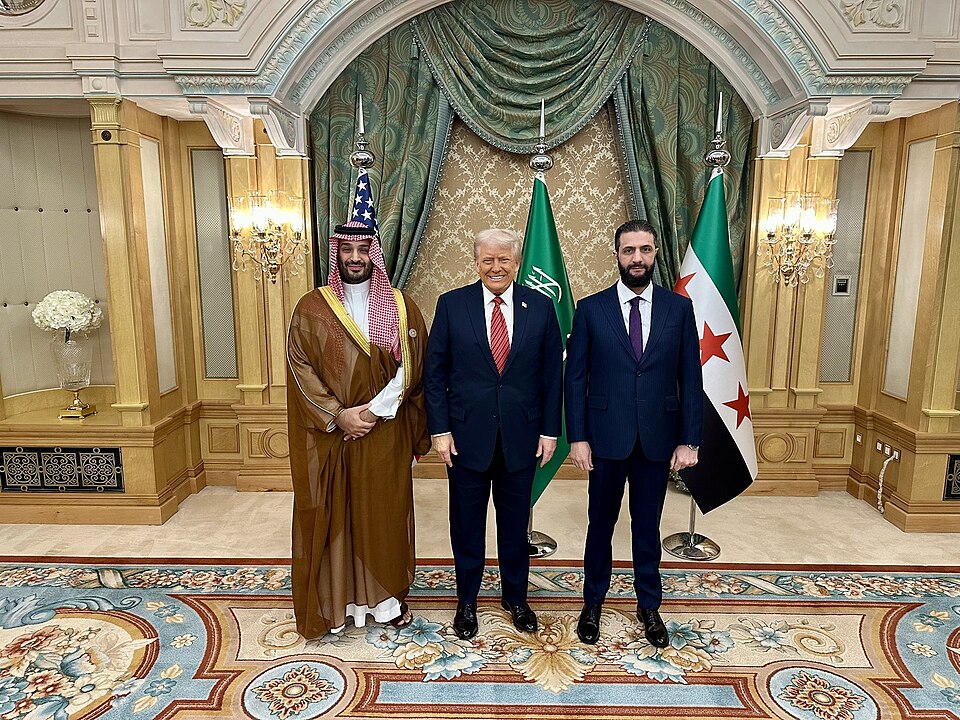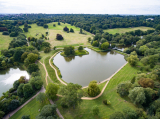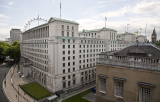
The United States and United Kingdom have lifted long-standing sanctions on Syrian President Ahmad al-Sharaa, just one day after the United Nations Security Council voted to remove its own
measures against the former militant figure. The European Union has confirmed it will follow suit.
Al-Sharaa — once sanctioned over alleged ties to al-Qaeda and Islamic State — had been subject to Western restrictions for more than a decade. The move marks a major shift in international policy toward Damascus as Al-Sharaa prepares for a high-profile visit to Washington.
Both Washington and London also removed sanctions on Syria’s interior minister, Anas Khattab, according to government notices. The two men had been designated “Specially Designated Global Terrorists” under US counterterrorism authorities.
A spokesperson for the European Union said the bloc would amend its own sanctions to reflect the UN’s decision. While the EU and Britain eased some Syria-related restrictions earlier this year, controls on arms and security assistance remain in place.
“We remain committed to supporting a peaceful and inclusive Syrian-led and Syrian-owned transition,” the European Commission said in a statement.
The United States had pressed the Security Council for months to ease sanctions. President Donald Trump announced in May that he intended to overhaul Washington’s Syria policy, including lifting most remaining US measures.
White House meeting ahead
President Trump is scheduled to host Al-Sharaa at the White House on Monday — the first meeting between US and Syrian leaders in a quarter century. Trump praised Al-Sharaa on Thursday, saying the Syrian leader had “made a lot of progress” since taking office.
The two previously met during Trump’s visit to Saudi Arabia last May.
A former militant turned President
Al-Sharaa came to power in January after forces aligned with Hayat Tahrir al-Sham (HTS) ousted Bashar al-Assad in a rapid offensive last December. Known previously as Abu Mohammad al-Julani, he was a senior HTS figure and had past affiliations with al-Qaeda.
International sanctions were imposed on him beginning in 2013, including travel bans, asset freezes, and embargoes from the US, UN and UK. The Security Council removed those restrictions on Thursday, citing a lack of ongoing operational ties between HTS and al-Qaeda.
Since assuming the presidency, Al-Sharaa has embarked on a series of diplomatic trips aimed at restoring Syria’s relations with major global powers after years of isolation under Assad.
The Syrian government has not commented on the latest changes in international policy. Photo by White House, Wikimedia commons.








































